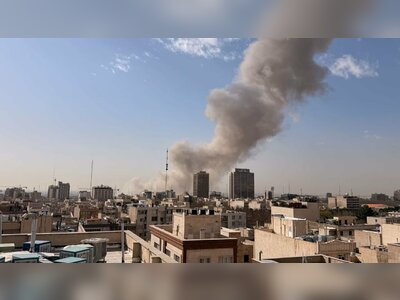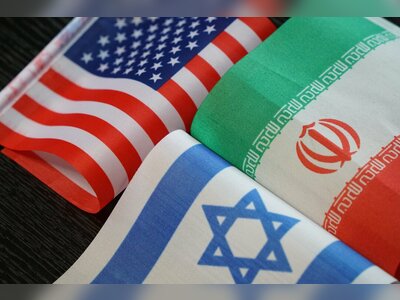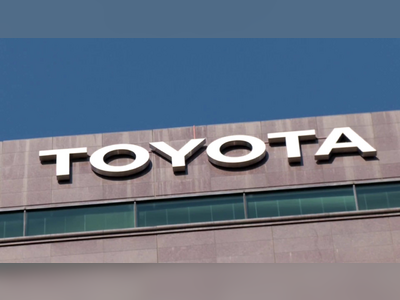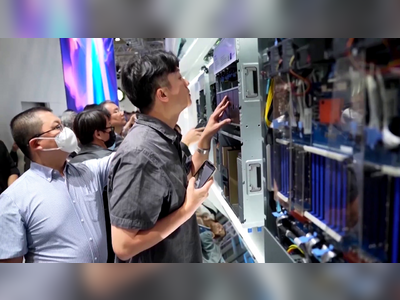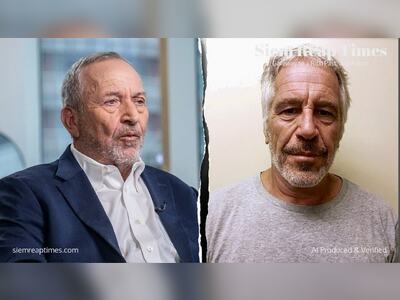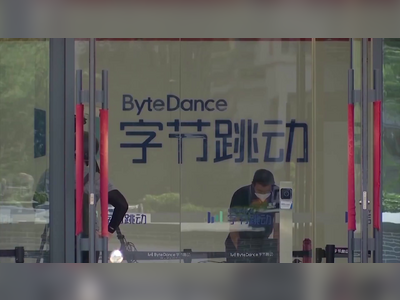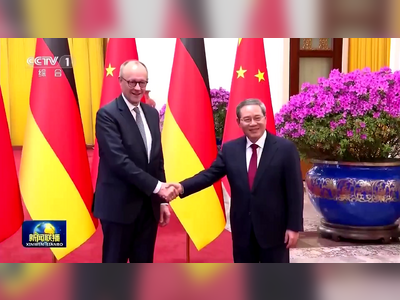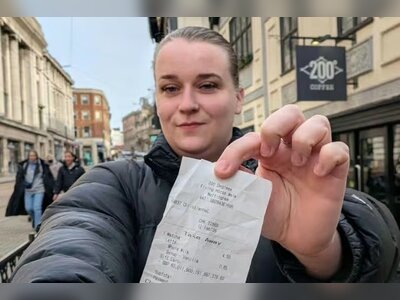Rodrigo Duterte Arrested and Transferred to The Hague Amid ICC Charges
Arrest and Transfer to The Hague
On March 11, 2025, former Philippine President Rodrigo Duterte was arrested at Ninoy Aquino International Airport in Manila upon his return from Hong Kong.
The arrest was executed by Philippine authorities in coordination with Interpol, following a warrant issued by the International Criminal Court (ICC) for alleged crimes against humanity committed during his administration's anti-drug campaign from 2016 to 2022.
Duterte was subsequently transferred to The Hague, Netherlands, to face trial at the ICC.
ICC Charges and Jurisdiction
The ICC's charges against Duterte pertain to his government's "war on drugs," which resulted in thousands of deaths, many of which were extrajudicial killings.
Although the Philippines withdrew from the ICC in 2019, the court maintains jurisdiction over crimes committed while the country was a member state.
Duterte's arrest marks the first time a former Asian head of state has been detained by the ICC.
Political Repercussions in the Philippines
Duterte's arrest has intensified political tensions in the Philippines, particularly within the Duterte family.
Vice President Sara Duterte, his daughter, is currently facing impeachment proceedings initiated by the House of Representatives.
The charges include corruption, abuse of power, and making death threats against President Ferdinand Marcos Jr. The Senate is expected to convene as an impeachment court to conduct the trial.
Public Response and Protests
The arrest has elicited mixed reactions among the Filipino populace.
Supporters of Duterte have organized demonstrations across the country, protesting what they perceive as a politically motivated action.
Conversely, human rights advocates and families of victims of the anti-drug campaign have welcomed the arrest as a step toward accountability.
Legal Proceedings Ahead
Duterte remains in custody at The Hague as the ICC prepares for his trial.
The proceedings will examine the extent of his responsibility for the alleged human rights violations during his presidency.
The outcome of the trial could have significant implications for international law and the accountability of former heads of state.
